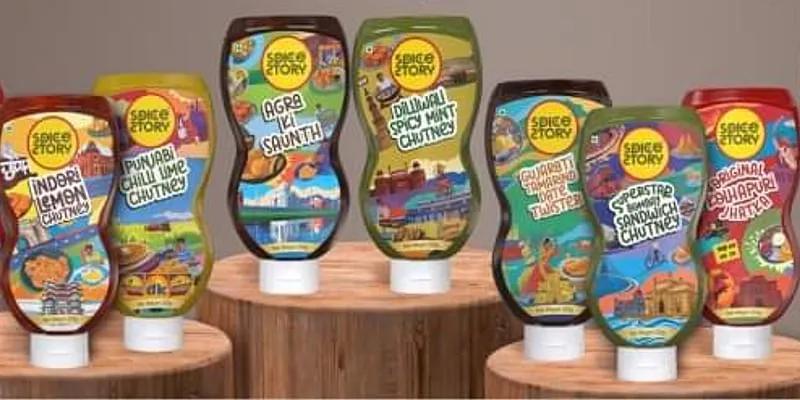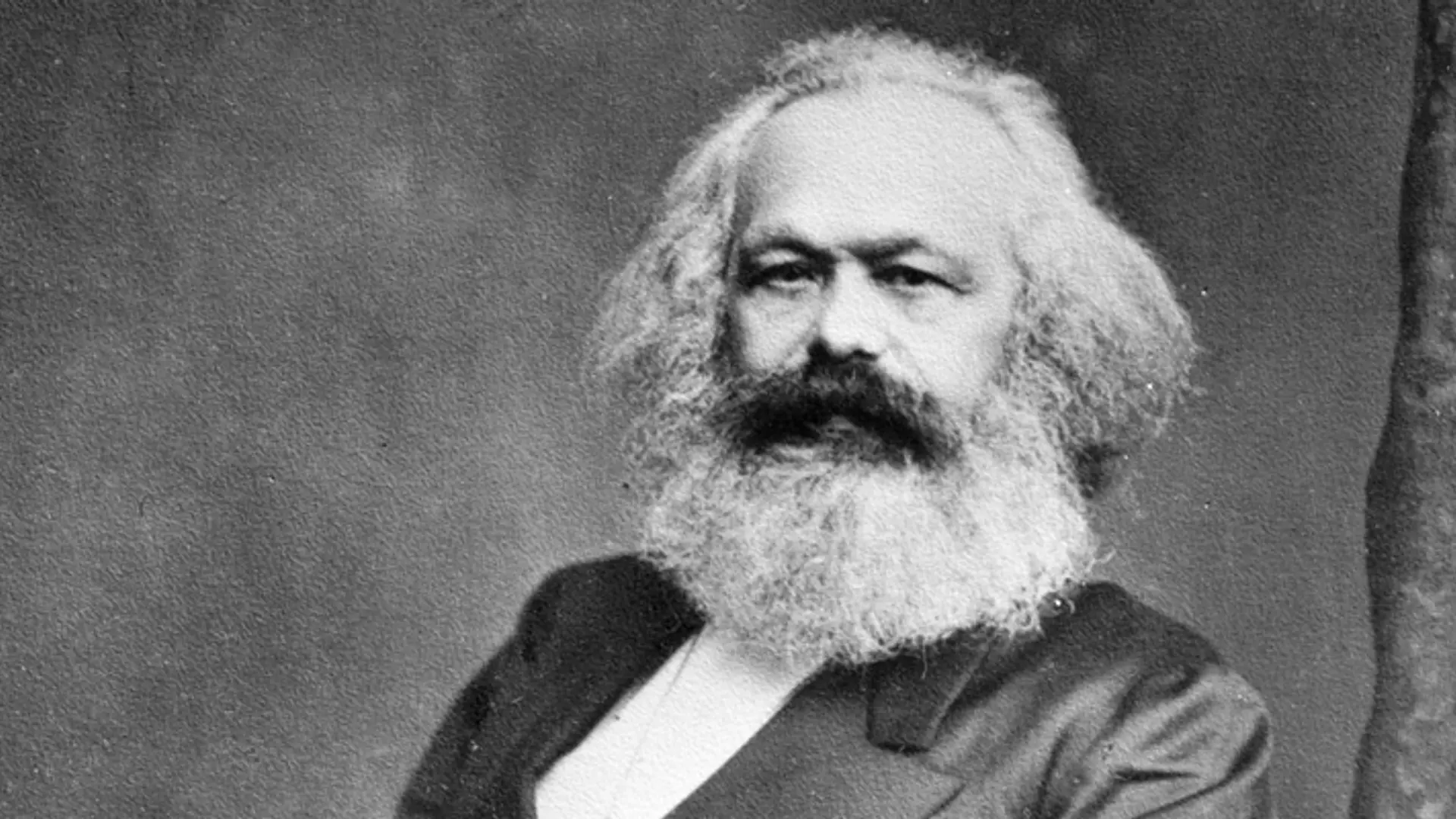This D2C startup is looking to taste success with 25X growth by 2025
Founded in 2019, Spice Story, which makes Indian chutneys, sold products in just six stores. It is now available in over 1,500 stores across cities, and closed FY2020-21 with Rs 1.5 crore revenue.
When Soumyadeep Mukherjee was about to turn 40, he wanted to start his own venture. Through his corporate stints across Hindustan Coca Cola Beverage Pvt. Ltd. and Danone Narang Beverages over the years, Soumyadeep saw his friends starting their own businesses, but his ideas never got converted into actual ventures.
“No one in my family has ever been a business owner. But I realised, abhi nahi karunga toh kabhi nahi karunga (if I don’t do it now, then I will never do it),” Soumyadeep (Som) tells YourStory.
Having travelled and worked across various countries, he had witnessed the demand for Indian food. Hence, he explored the hot sauce market as there were not many immediate competitors. But then, he realised that Indian chutneys category is an entirely white space, and decided to enter the market with in 2019.
Run by Globalvalue Food and Condiments Pvt. Ltd., the Mumbai-based startup makes ethnic Indian chutneys in a sauce form and packages them in bottles.
Soumyadeep appointed Gayatri Gogate to head branding and marketing in 2020, who is also the co-founder of the company. Spice Story has a team of eight members.
Initially launched in Kolkata and selling in six stores run by Spencer Retail, the startup has now expanded to six cities including Delhi, Mumbai, and Chennai, across 300 modern trade stores.
The product
Taking inspiration from Mumbai’s sandwich stalls, the entrepreneur started off by launching green chutneys, and also launched tamarind chutney, which is a common relish with Indian snacks like Samosa and Pakora.

The Mumbai-based brand takes inspiration from local chutneys across India
While chutneys are perishables, Som and his team took time to figure out a production method to increase the shelf life of the products.
“In commercial production, chutneys are cooked at over 100 degrees temperature and are then pasteurised. When it is cooked and sealed at such a high temperature, unless the bottle is opened, the product inside will not get spoiled,” says Som.
Some of Spice Story’s products have their own preservatives such as lemon, sugar, salt and jaggery, which are also commonly used to preserve pickles.
Business and challenges
The startup sells its products through a mix of offline and online channels, with ecommerce accounting for around 40 percent of its revenue.
As of now, Spice Story has 12 products, which are available in 1,200 general trade stores across Bengaluru and Mumbai. The products are priced between Rs 149 and Rs 400.
The brand also sells through online marketplaces such Amazon and Flipkart, and quick commerce platforms including Swiggy Instamart and Zepto.
“Initially, when we started, our online sales were in single digits as we were trying to establish ourselves on a bootstrapped budget. Here, modern trade works better. So, we were not focusing much on online sales. But now we want to increase the numbers,” says Som.
While the founder did not specify the initial investment in the company, Spice Story has so far raised Rs 3.4 crore funding from Venture Catalysts, Nafa Capital, Ventureland Asia, and Maxar.vc, among other angel investors.
The startup generated sales of Rs 97 lakh in FY 2019-20. But once the pandemic hit in March 2020, things took a different turn.
“While our sales did not get much affected as modern trade stores opened up relatively faster, our production was extremely hampered,” says Som.
The firm had third-party manufacturers in Mumbai and Indore. Due to labourers migrating to their hometowns, the production facility in Mumbai was at an all-time low.
“Once the lockdown opened up in July 2020, we had orders, but we had no people to manufacture as most labourers had gone back and the production went down due to manpower shortage. The timeline to get a product within 7 days went up to 25-30 days,” he adds.
As the brand was not able to meet the rising demand, it ended up losing some business and closed FY2020-21 with Rs 1.5 crore revenue.
The brand competes with FMCG giants like Dabur and cigarette-maker ITC, which have experimented in this category.
What next?
Going ahead, Spice Story plans to roll-out new products, one of them being a coconut chutney, which took the team over six months to develop.
“We are now keen on expanding general trade in the same cities as modern trade. Our goal is to grow 25X in the next three years. We want to grow 3X this fiscal and add three more cities in the next fiscal,” says Soumyadeep.
The brand, which entered the US through Amazon, also plans on venturing into the UK and United Arab Emirates.
Edited by Megha Reddy









